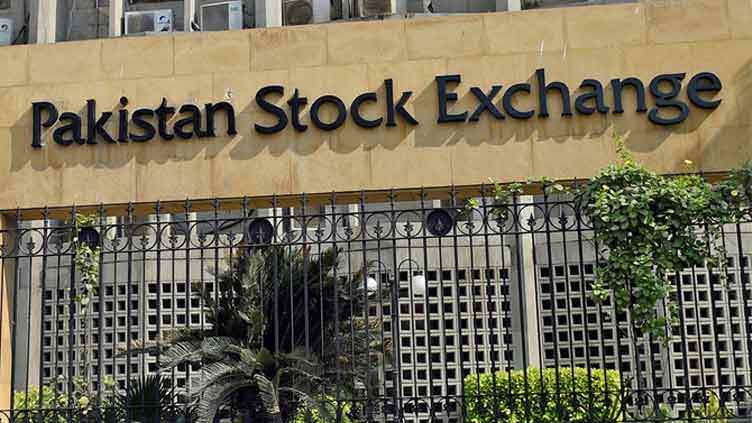KSE-100 reaches a new high amid rate cut hopes

Business
Expected progress on new IMF programme also boosting the morale
KARACHI (Web Desk) – The anticipated interest rate cuts and the progress made in connection with a new IMF programme propelled the benchmark KSE-100 Index over 74,000 mark, as the Pakistan Stock Exchange made another history during intraday trading on Monday.
At one point, the KSE-100 Index was up around 1.40 per cent as it touched 74,114.22 amid buying witnessed in oil and gas as well as cement, automobile and other index-heavy sectors. However, it closed the session at 73,799.11 after gaining 713.61 points, or 0.98pc.
It means the benchmark index is up 14.18pc during the current calendar year as Pakistan has been witnessing a visible improvement in macroeconomic indicators despite having a coalition government after the Feb 8 elections as different surveys were showing a heavy mandate in favour of the PML-N and the return of former premier Nawaz Sharif for a record fourth term in office.
One of the factors boosting the market is the expected foreign investment amid the repeated commitment shown by Finance Minister Muhammad Aurangzeb to go ahead with the privatisation of lossmaking state-owned enterprises.
With the inflation down for the fourth consecutive month after the consumer price index (CPI) touched the lowest level of 17.6 per cent since May 2022, the market is confident that the central bank will go for rate cuts on June 10 – the day when the Monetary Policy Committee (MPC) will hold its next meeting.
The latest surge also coincides with the reports of further fuel price cuts as the oil prices are on a slide international market despite the Middle East tensions, meaning that the Pakistan can bet on lower inflation in the coming months.
Also on Monday, talks have started between Pakistan and the International Monetary Fund (IMF) not only on Extended Fund Facility (EFF) but also climate financing.
There are reports that the two sides have agreed on the important targets set for the upcoming budget, sources say, which includes timely repayment of external debt repayments.
In a separate report, Reuters expressed the fears that if financial markets are right, interest rates won't just stay high this year, but possibly forever.
Read more: The case for forever high interest rates
The return of inflation means ultra-low rates are history. And markets now reflect a scenario where even the neutral interest rate that balances the economy in the long run after factoring in inflation, dubbed 'R-star', is rising, economists say.
Hence, traders see US interest rates at around 4pc at the end of the decade, far higher than policymakers' 2.6pc long-run expectations. Euro area rates are seen around 2.5pc, above what has prevailed for most of the bloc's history.


